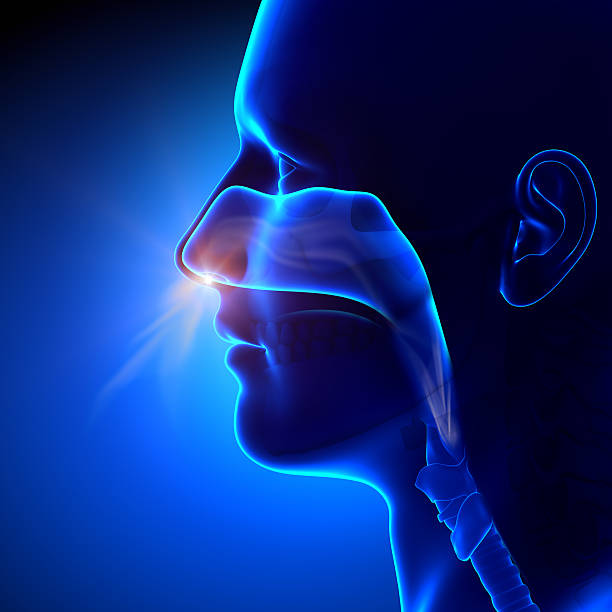+918048035590

This is your website preview.
Currently it only shows your basic business info. Start adding relevant business details such as description, images and products or services to gain your customers attention by using Boost 360 android app / iOS App / web portal.
Allergic Rhinitis Treatment In Chembur Treatment ...

Allergic Rhinitis Treatment In Chembur Treatment for allergic rhinitis can be broadly categorized into three main approaches: environmental control, pharmacotherapy (medications), and immunotherapy. The choice of treatment depends on the severity of symptoms, the impact on the individual's quality of life, and the specific allergens causing the allergic reaction. Environmental Control: Identify and avoid triggers: If possible, try to identify the allergens that trigger allergic rhinitis symptoms and take steps to minimize exposure. This may include keeping windows closed during pollen seasons, using air purifiers with HEPA filters, using allergen-proof bedding covers, and keeping pets out of bedrooms. Keep indoor air clean: Regularly clean and vacuum your living space to reduce dust mites, pet dander, and mold spores. Using a vacuum cleaner with a HEPA filter can be particularly helpful. Manage outdoor exposure: Monitor pollen counts and try to limit outdoor activities on days when pollen levels are high. After spending time outdoors, consider showering and changing clothes to remove any allergens that may have adhered to your body or clothing. Pharmacotherapy (Medications): Antihistamines: These medications block histamine, a chemical released during an allergic reaction, and can help relieve symptoms such as sneezing, itching, runny nose, and watery eyes. Antihistamines are available over-the-counter and in prescription-strength formulations. Nasal corticosteroids: These are highly effective for reducing inflammation in the nasal passages. They can alleviate nasal congestion, runny nose, sneezing, and itching. Nasal corticosteroids are available by prescription and are considered one of the most effective treatments for allergic rhinitis. Decongestants: Oral or nasal decongestants can help temporarily reduce nasal congestion, but they should not be used for more than a few days to avoid a "rebound" effect. Cromolyn sodium: This nasal spray helps prevent the release of histamine and other inflammatory substances. It is often used as a preventive measure and may take several weeks to show its full effect. Leukotriene receptor antagonists: These medications block the action of leukotrienes, which are inflammatory substances that contribute to allergic reactions. Combination products: Some medications combine antihistamines and decongestants to provide relief from multiple symptoms. Immunotherapy: Allergen Immunotherapy (Allergy Shots): Allergy shots involve regular injections of small amounts of allergens over time. This helps desensitize the immune system and reduce the severity of allergic reactions. Allergy shots are usually reserved for individuals with severe allergic rhinitis or those who do not respond well to medications and environmental control. Sublingual Immunotherapy (Allergy Drops or Tablets): This form of immunotherapy involves placing allergen extracts under the tongue, allowing them to be absorbed into the bloodstream. Sublingual immunotherapy is often used for specific allergens like grass or ragweed pollen and can be more convenient for some individuals compared to allergy shots. The management of allergic rhinitis may require a combination of these approaches, and treatment plans should be tailored to each individual's needs and symptoms. It's essential to work with a healthcare provider, preferably an allergist or immunologist, to determine the best course of action for managing allergic rhinitis effectively. Best Allergic Rhinitis Treatment In Chembur Best Allergic Rhinitis Treatment In Mumbai

